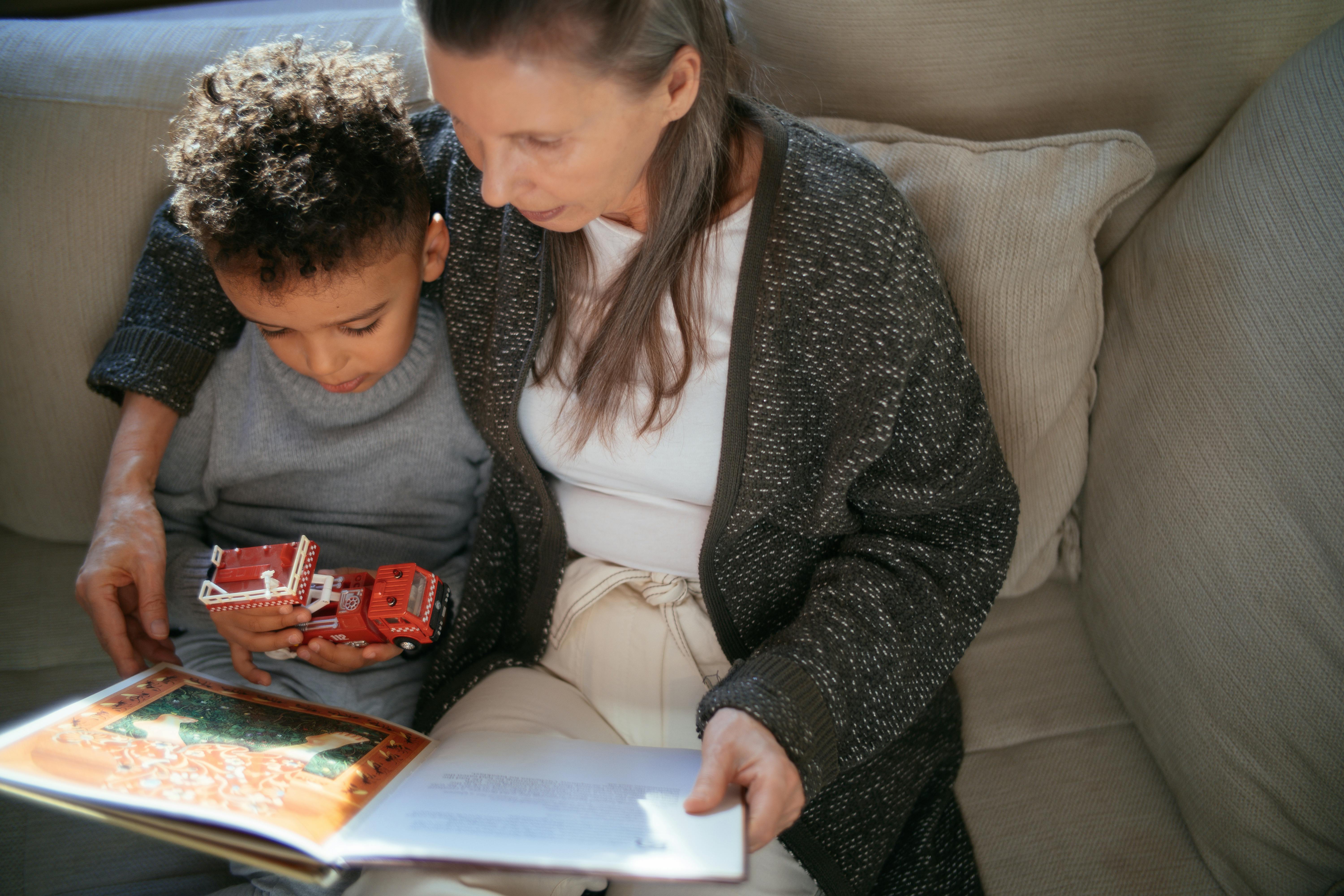What to consider when fostering a child from a different culture and ethnicity.

Approximately one in three children in care in Bristol come from a global majority background as opposed to only one in five of our foster carers. This means that although we always try, we can't always match a child with a family from the same culture or ethnicity.
Fostering culture and identity is a vital aspect of providing a nurturing environment for children in care. It involves understanding and respecting the unique identities of each child, which can significantly influence their development and well-being.
What to consider when fostering a child from a different culture
Cultural awareness
You should educate yourself about the child's cultural background and how their life experiences may differ from your own. This includes understanding cultural expectations and the prejudices or discrimination they may face.
Identity formation
It's crucial to promote a child's identity, especially when they're not living with their own family. You can do this by initiating or maintaining links with the child's local ethnic community. This can help them retain the aspects of their identity that the home cannot provide. In addition, we'll address the child's background in the Placement Plan and provide additional training and support for you if the child placed with you comes from a different cultural background.
A Placement Plan is a document used in fostering contexts to outline how a child or young person will be cared for when placed in a foster home. It's designed to ensure the placement meets the child's needs and complies with legal and safeguarding requirements.
Celebrating heritage
Foster parents can celebrate children's heritage throughout the year by ensuring their cultural identity is respected and celebrated. This can involve sharing cultural practices, traditions, and values that align with the child's background.
Holistic care
Ethnicity is a fundamental aspect of a child's identity. Fostering care should address their ethnic needs holistically, encompassing physical, emotional, and cultural aspects. This may include carers being aware of and supported to provide practical, day to day care aspects such as:
- skin and hair care
- self care rituals
- expectations around privacy
By prioritising cultural identity and fostering a supportive environment, foster parents can help children thrive and develop a strong sense of belonging, confidence and self.
As well as preparation and support from your supervising social worker and the child's social worker, we give all carers:
- a comprehensive guide to caring for a child of a different ethnicity
- buddies and a skills exchange involving different ethnic fostering communities who can help with questions on things like hair, skin care and food, or religious and cultural practices
- access to specialist support groups
